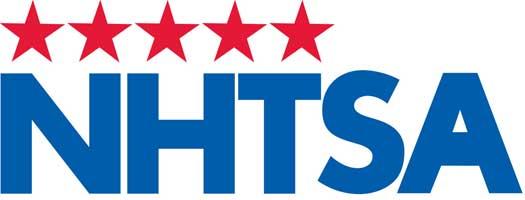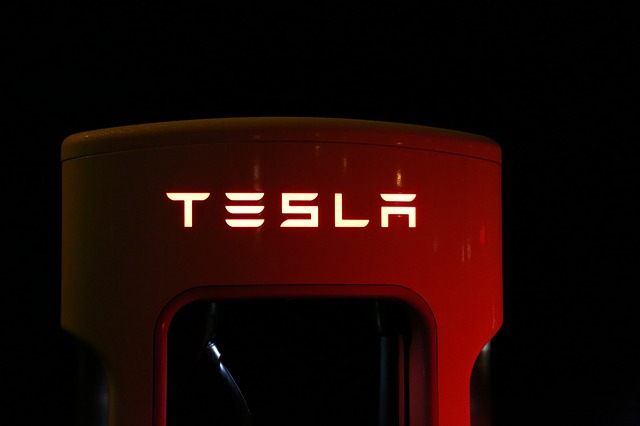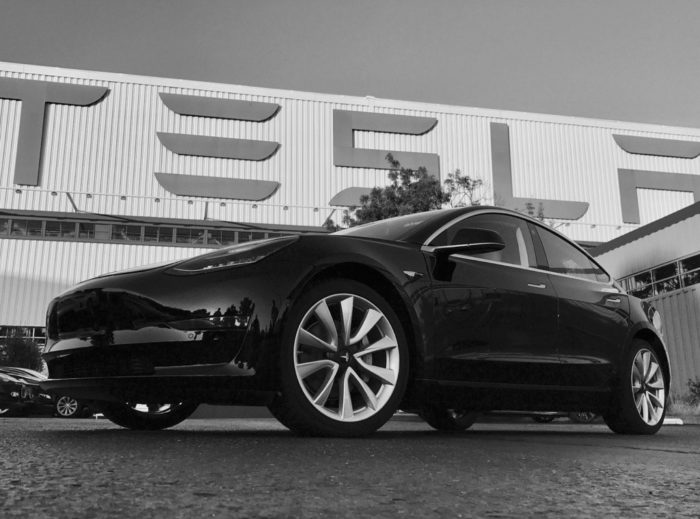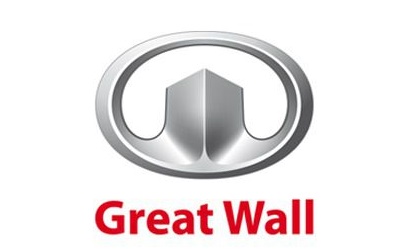Now Reading: NHTSA to review a petition concerning 500,000 Tesla vehicles
-
01
NHTSA to review a petition concerning 500,000 Tesla vehicles
NHTSA to review a petition concerning 500,000 Tesla vehicles

The National Highway Traffic Safety Administration (NHTSA) stated Friday it will review a petition asking the agency to officially investigate and recall 500,000 Tesla Inc vehicles due to sudden unintended acceleration reports.
The petition includes 2012 through 2019 model year Tesla Model S, 2016 through 2019 Tesla Model X, and 2018 through 2019 Tesla Model 3 vehicles, the agency stated. The agency said that the petition mentions “127 consumer complaints to NHTSA involving 123 unique vehicles. The reports include 110 crashes and 52 injuries”.
Late Friday, NHTSA issued a redacted version of the lengthy petition that stated “Tesla vehicles experience unintended acceleration at rates far exceeding other cars on the roads” and prompted NHTSA “to recall all Model S, Model X and Model 3 vehicles produced from 2013 to the present”.
The petition mentioned media reports of accidents attributed to unintended acceleration and complaints filed with NHTSA.
Tesla has made no comments yet.
Many of the complaints are concerned with the sudden acceleration incidents when trying to park vehicles in a garage or at a curb. Others claimed the sudden acceleration occurred while in traffic or when using driver assistance systems and resulted in crashes.
In one complaint, a driver stated a 2015 Tesla Model S 85D in California was closed and locked when he claimed: “a few moments later the vehicle started accelerating forward towards the street and crashed into a parked car”.
Another complaint stated a Tesla driver located in Andover, Massachusetts was approaching her garage door “when the car suddenly lurched forward: and then “went through the garage door destroying two garage doors”. Tesla stopped when it hit the wall of the garage.
In October, the agency stated it was checking if Tesla should have recalled 2,000 of its electric cars in May in place of issuing a software upgrade to fix a possible defect that could have resulted in battery fires in Model S and Model X vehicles from the 2012-2019 model years.
The 2,000 vehicles covered by the September petition submitted to the NHTSA received a battery management software upgrade in May in response to a possible defect that could trigger non-crash-related fires. A lawyer who submitted the petition, Edward Chen, informed Reuters in October that he strongly believes the actual amount to be much larger than 2,000. The review has not stopped yet.
Last week, NHTSA stated it was investigating the December 29 crash of a Tesla Model 3 that left one passenger dead following the collision of the vehicle with a parked fire truck in Indiana.
The crash is the fourteenth which involved Tesla that NHTSA’s special crash investigation program has taken up in which it suspects the automaker’s so-called Autopilot or other advanced driver assistance system was being used.
On February 25, the National Transportation Safety Board is set to meet to determine the probable reason behind the 2018 fatal crash of a Tesla Model X in Mountain View, California. The driver was making use of Autopilot when the car crashed.
Stay Informed With the Latest & Most Important News
Previous Post
Next Post
-
 01Polestar Boss Says It’s Time To Outrun BMW M And Mercedes-AMG
01Polestar Boss Says It’s Time To Outrun BMW M And Mercedes-AMG -
 02Spy Shots: 2027 Mitsubishi Pajero Spotted in Testing Ahead of Possible U.S. Return
02Spy Shots: 2027 Mitsubishi Pajero Spotted in Testing Ahead of Possible U.S. Return -
 03Spy Photos: VW ID. Polo GTI Goes Electric with 223 HP and 280 Miles of Range
03Spy Photos: VW ID. Polo GTI Goes Electric with 223 HP and 280 Miles of Range -
 042026 Toyota Hilux EV: A Powerful Truck with Silent Torque
042026 Toyota Hilux EV: A Powerful Truck with Silent Torque -
 05The Controversial Ford Voodoo V8 That Was Killed Off Too Early
05The Controversial Ford Voodoo V8 That Was Killed Off Too Early -
![2027 Mercedes-Benz S-Class Debuts with V8 Engine [Photo Gallery]](https://speedlux.com/wp-content/uploads/2026/01/2027-Mercedes-Benz-S-Class-33-155x125.jpg) 062027 Mercedes-Benz S-Class Debuts with V8 Engine [Photo Gallery]
062027 Mercedes-Benz S-Class Debuts with V8 Engine [Photo Gallery] -
 07Hyundai Palisade’s Breakout Year Shows How Quickly the Market Can Turn
07Hyundai Palisade’s Breakout Year Shows How Quickly the Market Can Turn


![2027 Mercedes-Benz S-Class Debuts with V8 Engine [Photo Gallery]](https://speedlux.com/wp-content/uploads/2026/01/2027-Mercedes-Benz-S-Class-33-700x394.jpg)










































